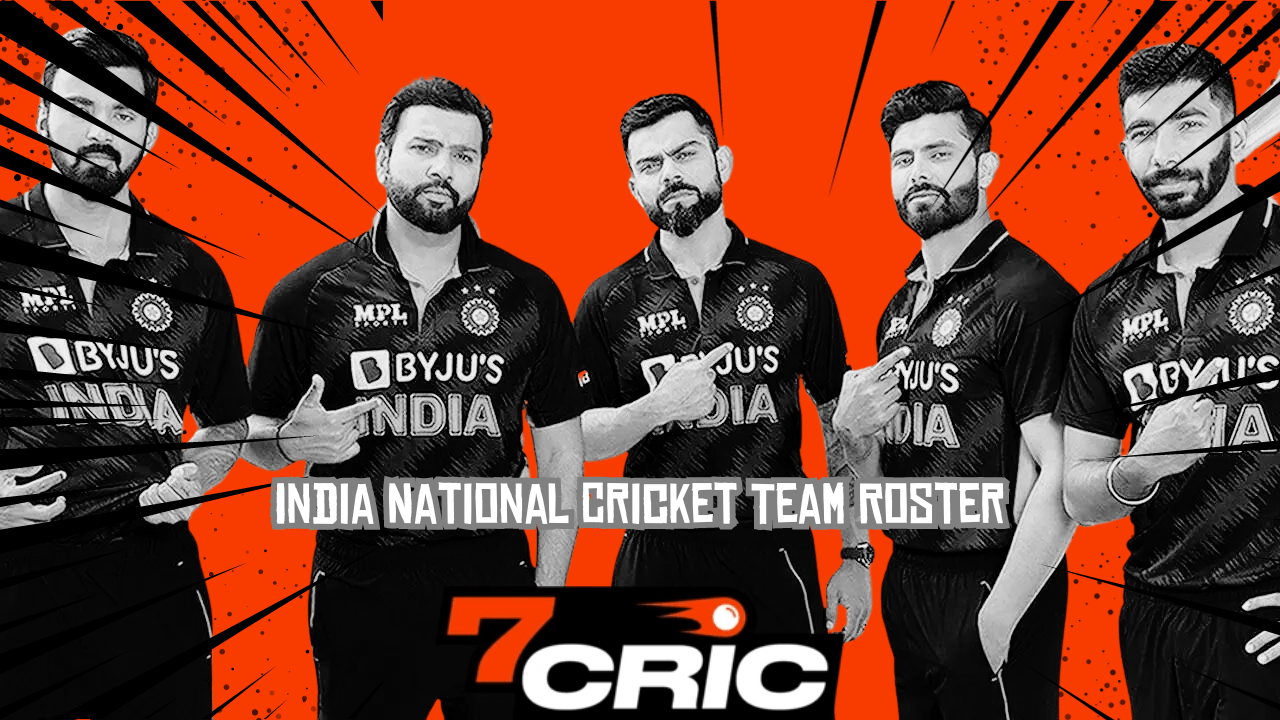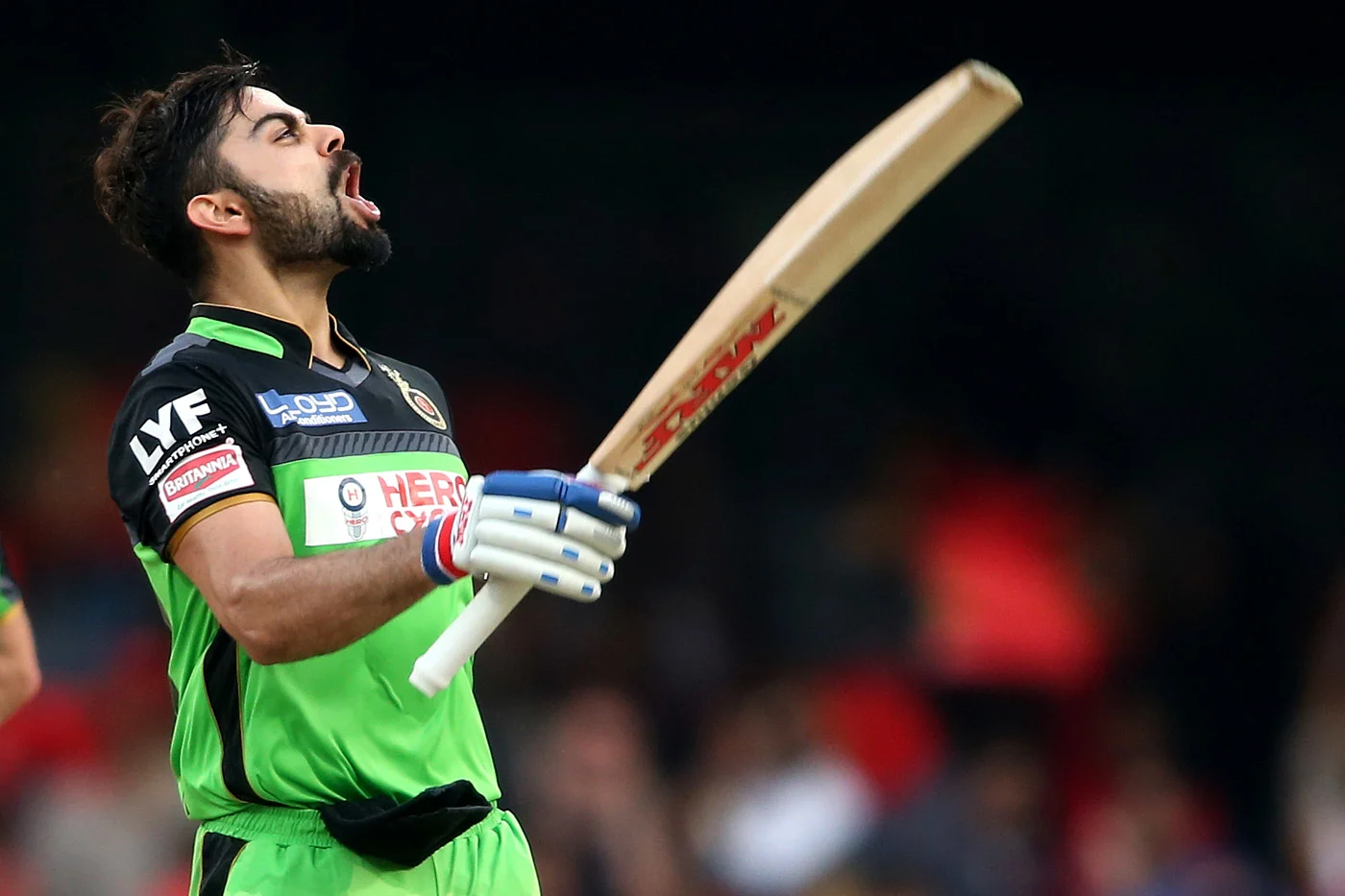The Man of the Match award in cricket holds a significant place in recognizing outstanding individual performances within a match.
This accolade, often bestowed upon players who exhibit exceptional skills and contributions, serves as a testament to their prowess on the field.
By analyzing the criteria for selecting the recipient, exploring notable instances of this recognition, and delving into controversies surrounding it, this article aims to shed light on the importance and impact of the Man of the Match award in cricket.
Key Takeaways
- Controversial decisions and public opinion play a crucial role in determining the Man of the Match in cricket.
- Social media platforms provide an avenue for fans and experts to express their disagreement and criticism, which spreads quickly and gains momentum in debates.
- Analysis of statistics and performances is often used to argue for or against the recipients of the Man of the Match award.
- Various factors, such as team success and popularity, influence the decision-making process, sparking debates on the fairness of the decisions.
Criteria for Selecting the Man of the Match
The selection of the Man of the Match in cricket is based on a predetermined set of criteria. The process starts with the match officials, primarily the umpires, who observe and evaluate player performances throughout the game.
While their role is not limited to selecting the Man of the Match, they play a crucial part in identifying standout performers.
Umpires keep a close eye on each player’s contributions, considering factors such as batting or bowling statistics, fielding efforts, and overall impact on the game.
In addition to umpires’ observations, there are other factors that influence the selection process. These may include input from team captains and coaches who provide insights into individual performances during team discussions or post-match interviews.
Furthermore, media commentators and experts may also contribute their opinions regarding exceptional displays of skill or match-winning contributions.
Considering all these inputs collectively helps determine which player has had the most significant impact on the outcome of the game.
However, it is important to note that different matches can have varying criteria for selecting the Man of the Match depending on specific tournament rules or sponsor requirements.
Transitioning into memorable instances of Man of the Match awards،
Memorable Instances of the Man of the Match Award
Noteworthy examples stand out in the history of awarding the player of the match in cricket. The man of the match award has been given to numerous players who have delivered exceptional performances on the field. These memorable instances often include unexpected winners, adding excitement and intrigue to the game.
To illustrate some of these remarkable performances, here is a table showcasing five instances where deserving players were awarded the man of the match title:
| Match | Player | Performance |
|---|---|---|
| 1992 World Cup Final | Wasim Akram | Took three wickets for 49 runs and scored an unbeaten 33 runs under pressure |
| India vs Australia, Kolkata 2001 | VVS Laxman | Scored an incredible 281 runs, leading India to a historic victory after following-on |
| ICC T20 World Cup Final 2007 | Gautam Gambhir | Scored crucial 75 runs under immense pressure to help India win their maiden T20 World Cup |
| Ashes Test, Headingley 2019 | Ben Stokes | Played a heroic innings of 135 not out that led England to a miraculous win against Australia |
| ICC Cricket World Cup Final, 2019 | Ben Stokes | Scored an unbeaten 84 runs and played a key role in England’s Super Over victory against New Zealand |
These examples demonstrate how individual brilliance can turn matches around and leave a lasting impact on cricket fans worldwide.
Such memorable performances from unexpected winners contribute significantly to the charm and unpredictability of cricket.
The significance of the man of the match award will be discussed further in the next section.
Significance of the Man of the Match Award
Boosting player confidence and morale, recognizing individual contributions to team success, and impacting a player’s career and reputation are three key points that highlight the significance of the Man of the Match award.
When a player receives this recognition, it often serves as a catalyst for increased self-belief and motivation, leading to improved performance in future matches.
Additionally, the award acknowledges the individual efforts that directly contributed to the team’s success, fostering a sense of appreciation and unity among teammates.
Boosting Player Confidence and Morale
Enhancing player confidence and morale can have a positive impact on their performance in cricket matches. When players feel confident and motivated, they are more likely to perform at their best and contribute effectively to the team.
Here are four ways in which boosting player confidence and morale can improve performance and team dynamics:
- Increased motivation: Players with high levels of confidence are more motivated to give their best effort, pushing themselves beyond their limits.
- Improved focus: When players feel confident, they are better able to maintain focus on the game, leading to enhanced concentration and decision-making skills.
- Enhanced resilience: Confidence helps players bounce back from setbacks or failures, enabling them to stay positive and continue performing well.
- Better teamwork: A confident player is more likely to trust their teammates, communicate effectively, and contribute positively to the overall team dynamics.
Recognizing individual contributions to team success is an integral part of fostering a positive team environment without explicitly mentioning it as a separate step.
Recognizing Individual Contributions to Team Success
Recognizing individual contributions to team success is a crucial aspect of fostering a positive team environment and enhancing overall performance.
Evaluating performance allows teams to identify standout performers who have made significant contributions towards achieving team goals.
By acknowledging and rewarding these individuals, teams can reinforce their commitment to excellence and motivate other members to strive for similar levels of achievement.
Rewarding standout performers not only provides them with tangible recognition for their efforts but also enhances their sense of belonging within the team.
This recognition can have a profound impact on a player’s career and reputation, as it highlights their abilities and potential to future employers or selectors.
It serves as an endorsement of their skills and can open doors for new opportunities, such as endorsements or contracts with higher-profile teams or leagues.
Impact on Player’s Career and Reputation
The impact of recognizing individual contributions to team success on a player’s career and reputation extends beyond the immediate benefits, as it can lead to increased visibility and opportunities within the sports industry.
When a player consistently delivers exceptional performances, their talent and skill become evident to fans, coaches, and scouts alike.
This recognition not only enhances their reputation but also opens doors for endorsements, sponsorships, and potential transfers to more prestigious teams.
The man of the match award serves as a tangible acknowledgment of a player’s outstanding performance in a particular game.
It highlights their contribution to the team’s success and garners fan appreciation. The award boosts morale and confidence while also raising the player’s profile within the cricketing community.
However, controversies and debates surrounding the man of the match award have emerged due to subjective judgments by selectors or biased decisions based on popularity rather than actual performance metrics or statistical analysis.
Controversies and Debates Surrounding the Man of the Match Award
Controversies and debates often arise regarding the selection of the Man of the Match award in cricket. The process of choosing the recipient of this prestigious accolade has faced criticism due to controversial decisions made by match officials or panel members responsible for making the final decision.
Public opinion plays a crucial role in these controversies, as fans and experts express their disagreement with certain choices.
One common source of controversy is when a player’s outstanding individual performance does not result in them being awarded the Man of the Match.
This can lead to public outcry and debates about whether other factors, such as team success or popularity, influenced the decision-making process.
Additionally, there have been instances where players from losing teams have been given this award, sparking further debate about its fairness.
Public opinion can heavily influence discussions surrounding these controversies. With social media platforms providing an avenue for fans and experts to voice their thoughts, criticism can quickly spread and gain momentum.
Debates ensue as individuals analyze statistics, performances, and overall impact on the game to argue for or against specific award recipients.
The Final Verdict on Man of the Match
The Man of the Match award in cricket is a prestigious recognition given to the standout player in a particular game. It is awarded based on various criteria, including batting, bowling, fielding, and overall impact on the match.
This article discussed the significance of this award, memorable instances where players have received it, and controversies surrounding its selection process.
The Man of the Match award adds excitement to cricket matches and sparks debates among fans and experts alike. So next time you watch a cricket match, keep an eye out for who takes home this coveted title!
Frequently Asked Questions: Man Of The Match
How is the Man of the Match decided in case of a tie?
In case of a tie, the Man of the Match in cricket is decided based on certain criteria such as overall performance, impact on the game, and contribution to the team's performance. It is possible for a player from the losing team to be awarded the Man of the Match title if their individual performance stands out significantly.
Can a player from the losing team be awarded the Man of the Match?
In cricket, the Man of the Match award is typically given to a player who has made exceptional contributions to their team's victory. However, it is possible for a player from the losing team to be considered if their performance stands out. The decision for the Man of the Match in case of a tie is determined by various factors such as individual statistics, impact on the game, and overall contribution.
Are there any specific criteria for selecting the Man of the Match in different formats of cricket?
The role of umpires in selecting the man of the match varies across different formats of cricket. While they consider player performance, impact on the game, and skill level, weather conditions can also influence their decision-making process.
Has there ever been a case where the Man of the Match was awarded to a player who didn't perform well in the match?
The Man of the Match controversy arises when a player who didn't perform well is awarded. This can have negative consequences on player motivation, as it undermines the credibility and fairness of the award system.
Is the Man of the Match award purely based on individual performance or does teamwork also play a role in the selection process?
The man of the match award in cricket is not solely based on individual performance, but also takes into account the impact of weather conditions and the influence of umpires' decisions on the selection process.











